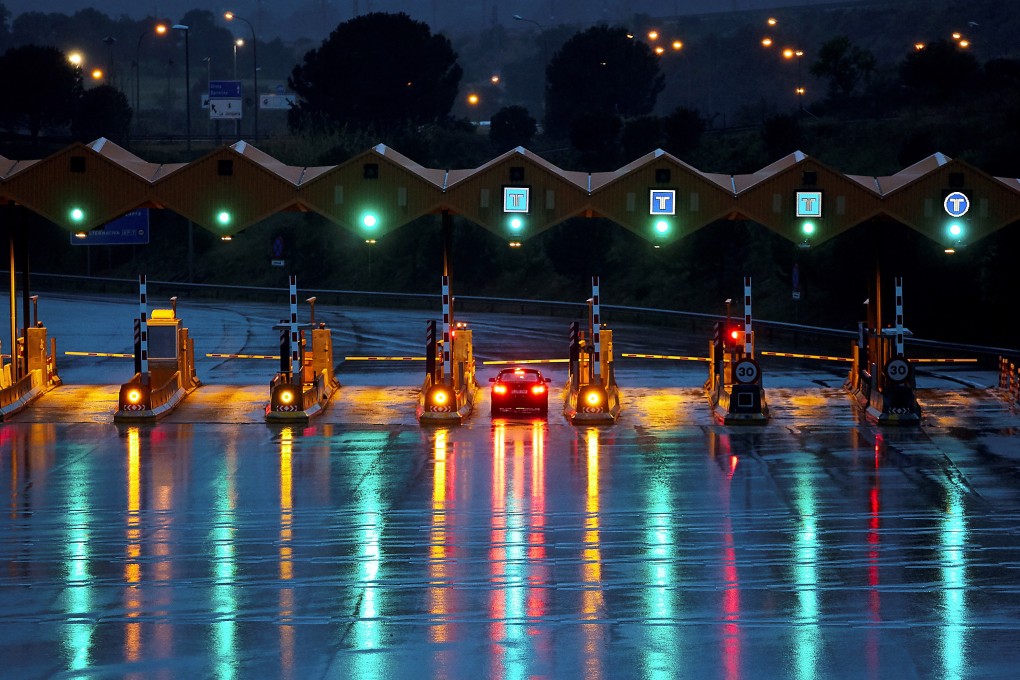How ignoring WHO guidelines and relying on ‘ineffective’ travel bans may have hampered world’s fight against coronavirus
- The global health body warns that targeting travellers from infected areas may discourage countries from reporting outbreaks and delay the arrival of medical aid
- Some analysts fear that countries which attempted to restrict movement failed to use their time to prepare their health systems to cope with Covid-19

After decades of experience in dealing with global disease outbreaks as deadly as Aids and Ebola, the World Health Organisation has forged a series of guidelines on how to deal with epidemics. Most countries are now ignoring them in the face of the coronavirus pandemic.
It has specifically advised against imposing travel bans on countries with Covid-19 outbreaks and warned that international restrictions can be “ineffective” during public health emergencies.
Experts say such actions can discourage countries from timely reporting of outbreaks if the result is economic and social disruption, while the WHO has warned the measures can delay aid and detract from other control measures.
“Why we’re concerned about these outbreaks is the direct and immediate loss to human life and making sure that is limited. But it is also about the functioning and stability of societies and their abilities to have a long-term response to both health and economic needs,” said Thomas Bollyky, director of the global health programme at the non-partisan US-based Council on Foreign Relations.
Bollyky also said that these targeted travel bans could distract governments from making the necessary preparations for the arrival of disease.
“Clearly some countries relied on this without taking all the domestic measures that needed to be done to prepare for the outbreak, and that’s tragic.”